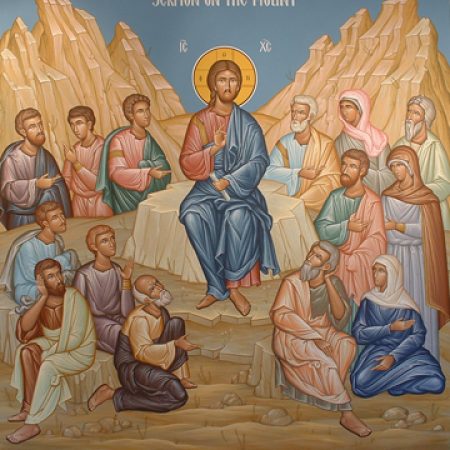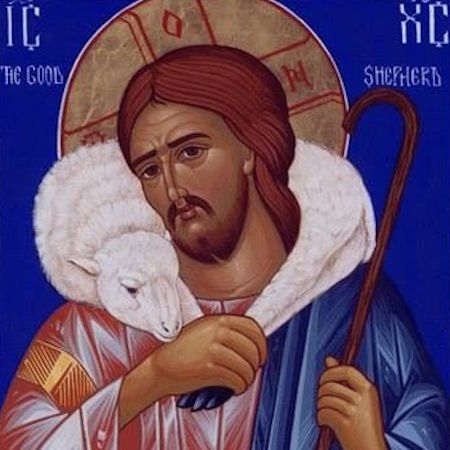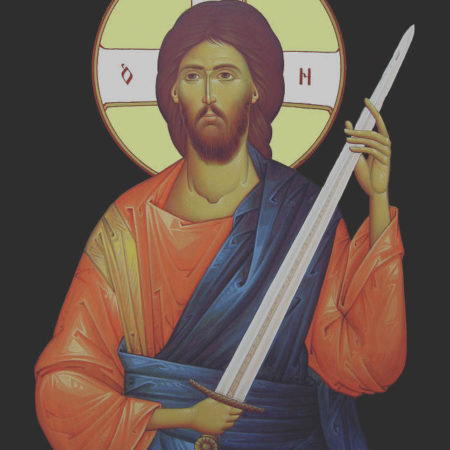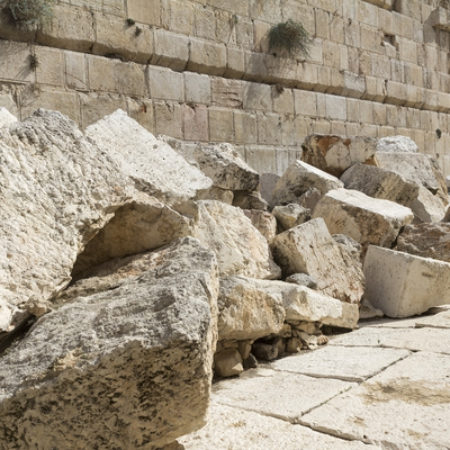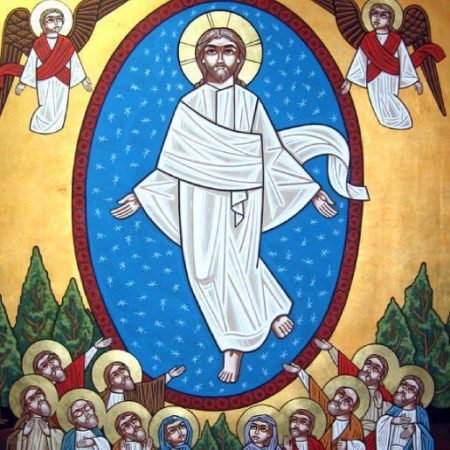Jesus’s primary aim was not saving us for heaven after we die, but establishing a culture of whole-hearted loved in the here and now.
Sermons on Sacrifice
The image of Jesus as the good shepherd can speak of tough life-on-the-line love, not just cuddling lambs.
The usual interpretation of the binding of Isaac is that God requires us to sacrifice everything, even, if asked, our own children. But could a contextual awareness reveal a more life-giving reading?
Jesus did not come with the goal of making some gentle improvements to the status quo, but to disable the status quo by exposing its lies and revealing its victims. Without our culture being radically converted by that, the result is escalating chaos, to which Jesus offers himself as a victim and calls us to do the same.
Our unwitting abusive treatment of the Royal family is a symptom of our entanglement in systemic persecution.
If we want to understand how Jesus saves us and what Jesus saves us from, we are going to have to abandon the most widely taught explanation.
True martyrdom involves suffering even unto death. But, no less important, the martyr sees what other people may not be seeing, and opens their eyes to it.
Global chaos marked by war, terror and injustice is growing inevitably, and as followers of Jesus we stand in witness against it, knowing that God is with us to the end.
In a world that is hell-bent on self-destruction, Jesus calls us to gather to him and to love faithfully and vulnerably with him, rather than surrendering to the hate and fear.
Jesus confronts us with our cannibalistic behaviour in order that we might follow him into a saving communion with God and one another.
The ascension is the completion of the cosmic liturgy that frees us from our entanglement in sin, lifts us into the holy of holies, and sends us forth as the body of Christ for the world.
Recognising what sort of sacrifices we are called to make and what sort of sacrifices we are called to refrain from making is crucial to faithfully following the way of Jesus.
What we do with our children is one of the great tests of our faithfulness to the God of Jesus, and tragically, child sacrifice is common in our society.
True martyrs are those who are killed because their love, truthfulness and forgiveness are intolerable, not those who die killing for their cause.
We make a devilish mistake when we project the origins of hell onto God. Jesus calls us to follow him into a new way of life that will save us from plunging into the hells of our own making.
Jesus did not come to be the ultimate sacrifice that would appease God, but to show us, once and for all, that God does not want sacrifices at all, but lives of love, mercy and compassion.
“Jesus Christ the Lamb of God”: These are such familiar words. We sing them almost every Sunday – but do we really understand what they mean or have they just become another Christian cliché for us?
We are prepared to sacrifice and kill in the name of our God, but God is willing to be sacrificed and be killed to save us, even when we were enemies.
Expecting God to always appear as an exalted triumphant victor blinds us to the reality of God’s glory which is made known in suffering, self-sacrificial love.
Faith is a gift created in us as Jesus shows us that the pathway of courageous love and self-sacrifice is not impossible to walk.

